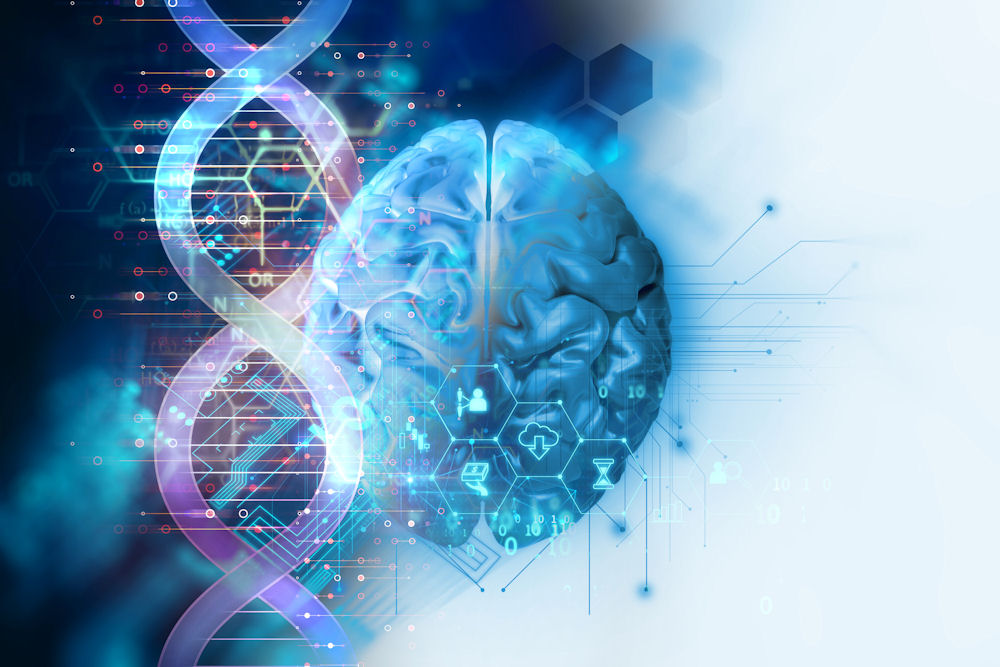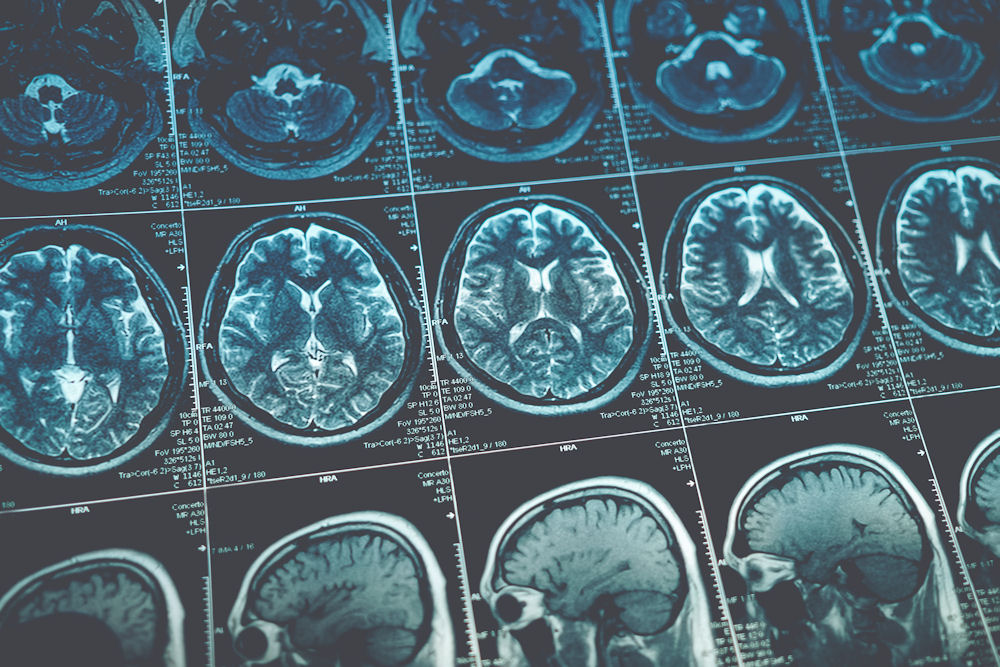
Addiction is a deeply complex and multifaceted condition that affects millions of people worldwide, but it doesn’t affect everyone the same way. While addiction can happen to anyone, research suggests that men are more prone to certain types of substance abuse and are also more vulnerable to developing addictive behaviors. So, what is it about the male brain that makes it so susceptible to addiction? And how can this knowledge help with recovery?
Whether you’re someone personally impacted by addiction or a loved one seeking to understand more, this article offers valuable insights that can guide you through the journey of understanding and recovery.
Addiction affects men differently from women, and research suggests there are several factors at play. First, biological and hormonal differences play a key role. Men have higher levels of testosterone, which can drive risk-taking behavior, impulsivity, and aggression—traits that can make them more likely to experiment with substances.
Beyond biology, societal pressures also contribute. In many cultures, men are expected to suppress emotions and vulnerabilities, which can lead to unhealthy coping mechanisms. Rather than expressing their feelings, some men may turn to alcohol or drugs as a way to deal with stress or emotional pain.
Additionally, the male brain’s reward system plays a critical role in addiction. Men tend to have more receptors in areas of the brain linked to pleasure and reward, making them more sensitive to the effects of substances like drugs and alcohol. When these substances trigger the release of dopamine, the brain experiences an intense pleasure rush, reinforcing the desire to keep using them. Over time, this can lead to tolerance, where more of the substance is needed to achieve the same effect, eventually resulting in addiction.
Finally, men’s brains are particularly sensitive to stress. When faced with pressure or challenges, they are more likely to turn to substances to cope. This stress-induced cycle makes addiction harder to break, as the brain’s craving for relief can overpower healthy coping strategies and rational thinking.
In sum, addiction in men is not just a personal failing; it’s a complex interplay of biology, societal expectations, and neurochemical responses that makes men more vulnerable to substance abuse.

The connection between stress and addiction is one of the most significant challenges when it comes to understanding the male brain and recovery. Men are often socialized to suppress emotions such as sadness, fear, or vulnerability. Instead of expressing their feelings, they may bottle them up, leading to a buildup of emotional tension. This suppression of emotions can result in chronic stress, which in turn makes them more likely to turn to substances as a way to cope.
The spiral begins when a man uses alcohol or drugs to manage stress, only to find that it exacerbates the emotional toll in the long run. As substance use becomes more frequent, the brain becomes less able to regulate emotions naturally. Over time, this can create a vicious cycle where the need to numb the pain becomes stronger, and the ability to deal with stress in healthy ways diminishes. This is where the power of addiction lies—what started as a coping mechanism quickly becomes a way of life, and recovery becomes increasingly difficult.

Recovery from addiction can be a different experience for men compared to women. Several factors, from societal expectations to personal coping mechanisms, shape how men approach their healing journey. Here are some reasons why recovery may look different for men:
In many societies, masculinity is associated with toughness and emotional restraint. This makes it harder for men to acknowledge their addiction or ask for help, as they fear being seen as weak or vulnerable.
Men are often less likely to seek treatment until their addiction has escalated, partly due to societal expectations and the stigma around vulnerability.
Men may approach recovery differently from women. While women might seek emotional support from loved ones, men often find it harder to open up about their struggles.
Men might prefer using practical solutions, such as problem-solving techniques or physical activities (like exercise), rather than focusing on emotional processing or therapy.
These gender differences highlight the need for recovery programs to be tailored to meet the specific needs of male clients, including the way they approach healing and emotional expression.

The science of addiction recovery underscores the importance of connection and support in the healing process. For men, forming meaningful connections with others can be a transformative part of their recovery journey. Unfortunately, the tendency to suppress emotions and avoid vulnerability can make it difficult for men to build these connections. This is where specialized programs for men can be particularly effective.
By fostering an environment where men feel safe to express themselves, share their experiences, and bond with others who understand their struggles, addiction treatment programs can help them develop the emotional resilience necessary for recovery. Connection is a powerful tool in healing, and it can help men break free from the isolation that often accompanies addiction. Whether it’s through group therapy, mentorship, or peer support, having a network of people who can offer guidance, encouragement, and understanding is crucial for long-term recovery.
Relapse is a common part of the recovery process, and understanding the science behind it can help individuals better prepare for setbacks. According to research, the male brain’s reward system is particularly susceptible to triggers, which can make it more difficult for men to stay on track during recovery. Stress, emotional discomfort, or exposure to substances can trigger a craving, which can lead to a relapse if not properly managed.
The good news is that science also shows that relapse doesn’t mean failure. It’s simply a signal that the person needs additional support or a change in strategy. Recovery is not a linear process, and setbacks are part of the healing journey. The key to preventing relapse is building strong coping mechanisms, developing a support system, and learning to recognize and manage triggers before they lead to a relapse.

The road to recovery may seem long and difficult, but it is not without hope. Men can break free from addiction and lead fulfilling, meaningful lives with the right tools, support, and mindset. Understanding the science behind addiction is a critical step in breaking the cycle of substance abuse, and it provides the foundation for creating more effective treatment approaches that cater specifically to men.
At Golden Gate Recovery, specialized programs are designed with the male brain in mind, offering tailored support that addresses the unique challenges men face in recovery. From understanding the biology of addiction to learning how to build emotional connections, these programs help men take control of their recovery journey and move forward with hope and healing.
Golden Gate Recovery offers tailored programs for men, combining evidence-based treatments, holistic therapies, and personalized support to help them achieve lasting recovery.
Golden Gate Recovery offers dual diagnosis treatment in California for men with both addiction and mental health disorders. Using therapies like CBT, DBT, and EMDR, alongside holistic practices, they address both the addiction and underlying mental health issues for long-term recovery. This integrated approach ensures that both the mind and body are supported throughout the recovery process.
Our sober living program provides 24/7 structured support in a safe, community-focused environment, helping men maintain sobriety while transitioning back to daily life. The supportive community and accountability offered in sober living are key factors in building lasting sobriety.
Incorporating yoga, meditation, and art therapy, these holistic treatments complement traditional therapy to promote overall well-being and emotional healing. By addressing the physical, emotional, and spiritual aspects of recovery, these therapies help men achieve a balanced and fulfilling life.
To ensure lasting recovery, Golden Gate offers personalized aftercare plans, alumni support groups, individual counseling, and family therapy to keep individuals on track after treatment. These ongoing support systems help men stay connected and committed to their recovery journey.

If you or a loved one is struggling with addiction, it’s important to understand how addiction affects the male brain and how it can shape the recovery process. Education, awareness, and the right support can make all the difference in breaking free from addiction and achieving lasting healing. Reach out to us to learn more about how their programs can help men on their journey to recovery.
Get confidential help! Call Us Now for: